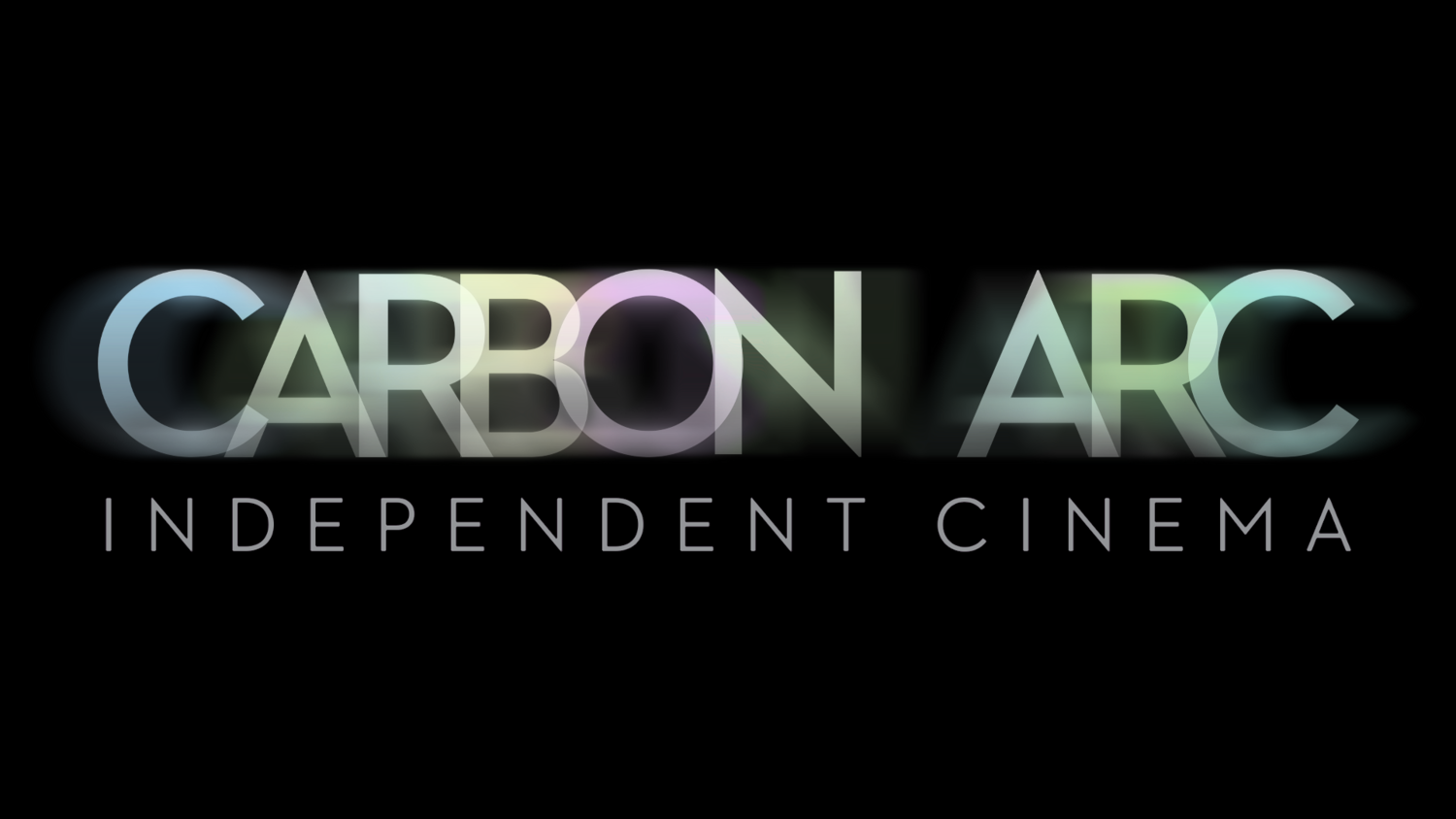To anyone who has spent even a moderate amount of time watching documentaries, the idea of a "social issues" film probably conjures up a familiar but slightly off-putting image. The form is inundated with dry voiceover and drier images. Talking heads fancy themselves pundits and directors fancy themselves stars, and the final products are long on wind but short on style. Luckily for The Stairs, a new documentary about harm reduction and addiction recovery, director Hugh Gibson appears to have skipped class on Michael Moore Day in film school.
Set among the streets of Toronto, The Stairs follows Marty, Greg, and Roxanne on their recovery journeys. All three come from a past of drug addiction and now work in community support as a means of navigating their own path forward while also helping others who still struggle in similar situations. If it's starting to sound "inspirational" in that eye-rolling, air-quoting way, put that thought out of your mind immediately. There is no swelling score or happy reunions or tearful breakthroughs. There are no "where are they now" title cards or fraught pleas for society to do more. There are only three individuals, engaging and flawed and honest and perfectly human. Having made it through such adversity, they now share the goal of breaking down stigmas and stereotypes of addiction and street life, and they approach it with a refreshing mix of positivity and frank realism.
Marty and his cat in The Stairs
Where a lesser director might try to manipulate the audience by piling on doom and gloom, Gibson rather revels in the trust and access he has been granted by his collaborators (to call them subjects would be a disservice to the life they infuse into the film). Shooting in locations that are meaningful to them facilitates this openness by establishing a sense of safety. It also solidifies a strong theme of shelter and belonging that is echoed in the title of the film — it's an oddly affectionate nickname for one particular stairwell where many people we meet have spent a cold and lonely night when they had nowhere else to go. Though the film never preaches, it delivers a clear message about the "housing first" style of social policy and the immeasurable mental and psychological benefits of having a space to root one's recovery. One only need watch Marty parade his collection of Bob Marley t-shirts and Bonanza DVDs to see that the value he has attached to them is a function of pride in his own progress.
Despite being a primarily forward-looking film, the backwards direction is not off limits. Relapse, as Roxanne puts it, is a part of every recovery ("I just don't want it to be part of mine"). This adds a challenging layer: the people we've come to sympathize with are still using drugs, still prone to anger and violence, and the onus is placed on the audience to accept them for who they are. To watch the film demands near-immediate understanding and forgiveness; viewers who can't find that in themselves will be left behind, and good riddance. It's a breathtakingly effective way of truly humanizing what we see, and making us do the work ensures that everything in the film will have a life beyond the screen. The Stairs is the kind of experience that you take home with you. When you get there, you'll be a little more aware of what that word actually means.
Part of our AIFF 2017 Review Roundup.




